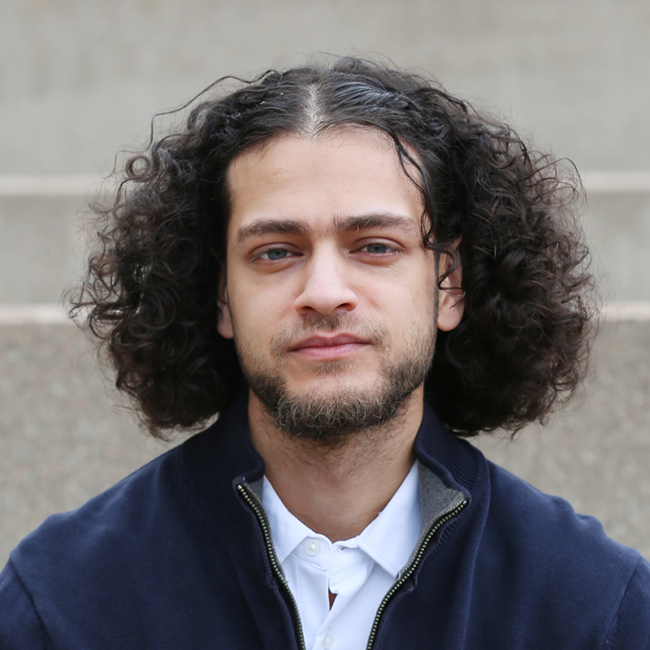The music industry and education for street children in new research on services
2025-08-28Muhammad Murtaza Ali recently presented his licentiate thesis in business administration, where he identifies connections between the digitalisation of the music industry and educational initiatives for street children.
– Services shape human capabilities and well-being and it’s often the practical details that determine if a service actually is inclusive, says Muhammad.
What led you to focus on the connection between the music industry and educational initiatives for street children?
– I’ve always been interested in how services can make a difference in people’s lives – not just as a market product, but as something that can either create opportunities or close doors. This interest grew out of my experience in service research and my eagerness to understand issues of inclusion and well-being. When I realised how both the digitalisation of the music industry and educational initiatives for street children relate to access to opportunities, I felt that these were areas where I could contribute.
What are the main points of the part of your research that relates to the digitalisation of the music industry?
– This part of my research is a clear example of how a service can change access to culture and experiences. It’s not just about the technology itself, but about how digital services can create new opportunities for people to access music in a way that has not been possible before. For example, through increased flexibility and greater accessibility.
What did your findings show?
– Digitalisation has changed the way people create, distribute and listen to music. For many people, this has contributed to increased everyday well-being, while for others, the effect has been less significant or nonexistent. This is because the digital services create opportunities that aren’t quite equally divided. Factors such as digital competence still affect who has access to the full potential of music.
Tell us about the part of your research that relates to educational initiatives
– This is a stark contrast. It’s not about entertainment but about a fundamental human opportunity – being able to attend school. What’s important in this part of my research is understanding how services can be designed to reach the most vulnerable, and how small changes in service design can make a big difference.
What did your findings in this part of your research show?
– When a school in Pakistan offered free education, flexible schedules and mentorship, the children’s opportunities increased dramatically. It wasn’t just that they received an education, they also gained a sense of having options and hope for the future. This strengthened their self-esteem and, in several cases, led to employment or a return to the formal education system.
In what way are these two approaches connected in your research?
– They show that the same framework can be used in very different contexts. Whether it concerns culture in Sweden or basic education in Pakistan, it comes down to the same thing: the actual opportunities people have and how services can affect them. This means that the findings aren’t limited to a single sector, but instead offer insights that are relevant for understanding services and well-being in a broader sense.
Was there anything in your research that surprised you?
– I was surprised by the strong impact that small design choices in services can have on people’s sense of empowerment. For example, that a flexible schedule or a low monthly fee can make the difference between someone actually having a choice or not. It serves as a reminder that it’s often the practical details that determine whether a service actually is inclusive.
Muhammad hopes that his research will contribute to creating services that are more inclusive and empowering. For companies, it could be about understanding that access is not just a technical issue, it is also a matter of price, usability and social norms. In terms of education and social projects, it is about designing services that reflect people’s actual realities, so that they are offered real options, not just symbolic ones.
Future research
– I would like to continue researching how services can be designed in different contexts to truly create opportunities and inclusion for people in key aspects of life such as health, education and social participation. I’m particularly interested in working together with companies and other stakeholders to analyse and develop services in a more practical way, with the aim of actually enabling choice and improving people’s lives.


